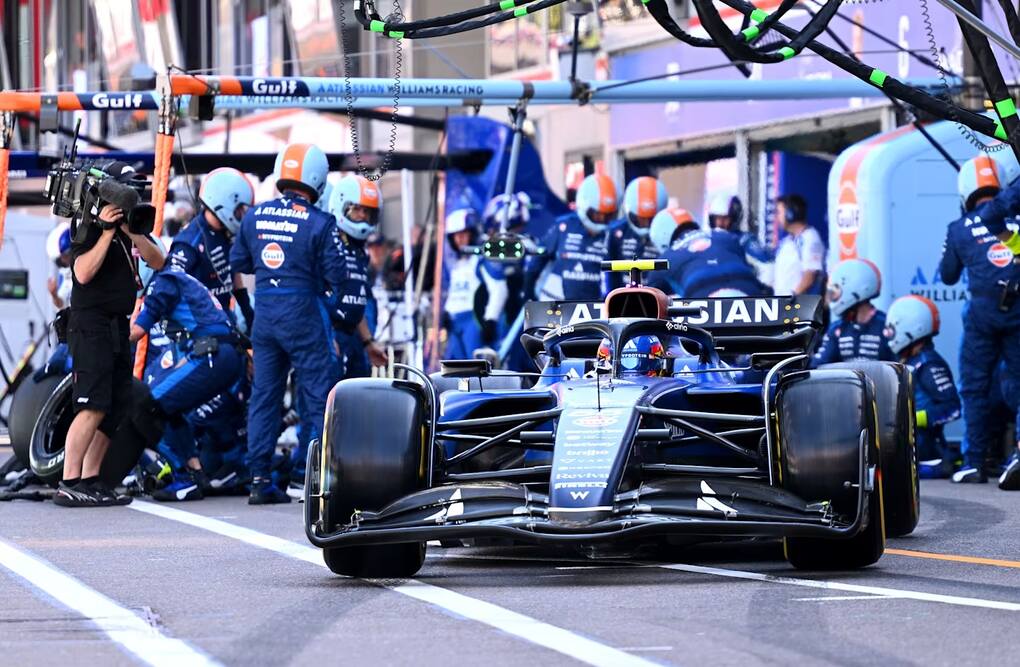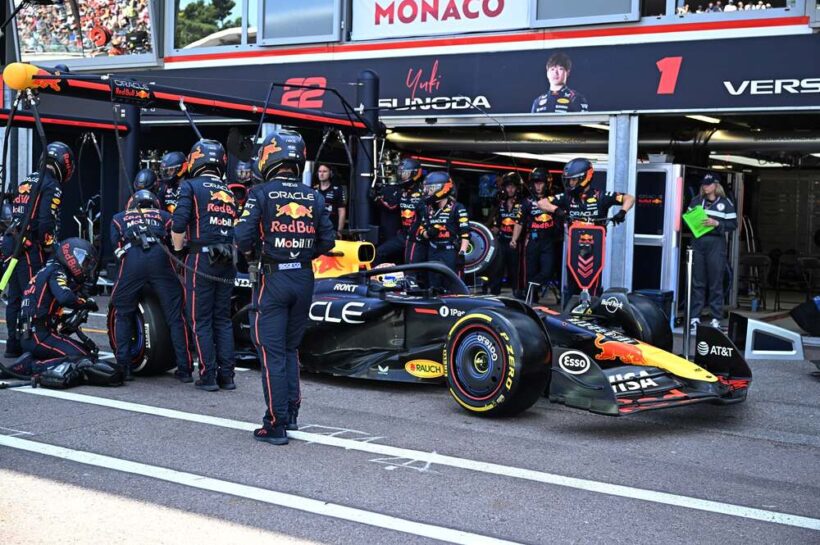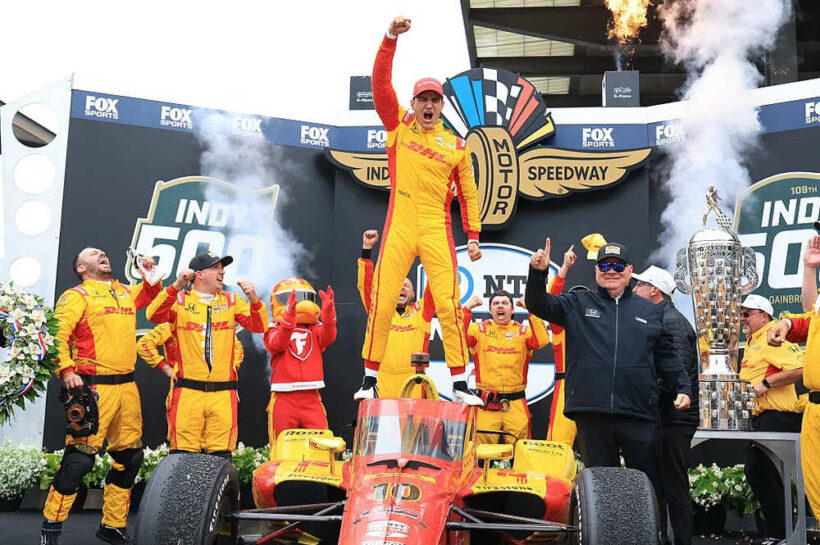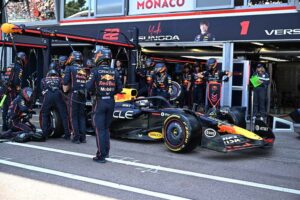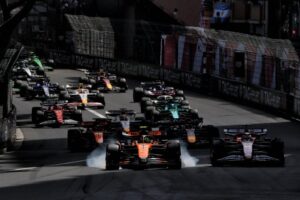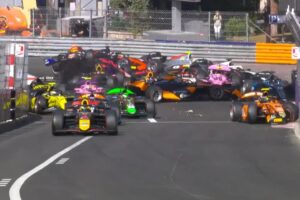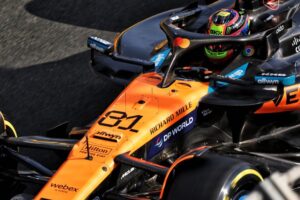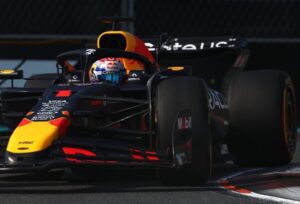According to reports, F1 teams have decisively voted against the return of the controversial Monaco GP two-stop rule that was trialed during Sunday’s event.
The decision, revealed following an extensive investigation and after much debate among stakeholders, signals a clear rejection of Formula 1‘s experiment that was intended to inject excitement and unpredictability into one of the sport’s most prestigious yet processional races.
The two-stop rule was introduced for the 2025 Monaco Grand Prix amid growing concerns that the race held on the narrow, winding streets of Monte Carlo had become a predictable procession with overtaking opportunities all but nonexistent.
The Fédération Internationale de l’Automobile (FIA) and Formula 1’s governing bodies hoped that by mandating at least two pit stops and the use of multiple tire compounds, teams would be forced into more dynamic strategies, potentially shaking up the established order and creating more on-track drama.
The change was formalized by the FIA’s World Motor Sport Council (WMSC) after being tabled by the F1 Commission, which comprises representatives from all 10 teams, the FIA, and Formula One Management.
The proposal required a supermajority to pass, reflecting the significance and potential impact of such a fundamental alteration to race strategy.
When first introduced, the Monaco GP two-stop rule had garnered enough support to be implemented for the 2025 race with the intention of evaluating its effectiveness before considering its future.
However, the aftermath of the 2025 Monaco Grand Prix painted a different picture. The race, rather than being enlivened by the new regulations, saw teams quickly adapt in ways that undermined the intended spectacle.
MORE FORMULA 1:
Why Monaco F1 two-stop rule failed
Chaotic Monaco Grand Prix crash ruins F1 support race
Several teams, including Racing Bulls and Williams exploited the rules by instructing their drivers to deliberately slow down and create gaps on track. This tactic allowed their teammates to pit twice without losing track position, effectively neutralizing any strategic jeopardy the two-stop rule was meant to create.
The result was a race in which drivers lapped well below their true pace, secure in the knowledge that overtaking was virtually impossible and that their positions were safe barring mistakes or mechanical failures.
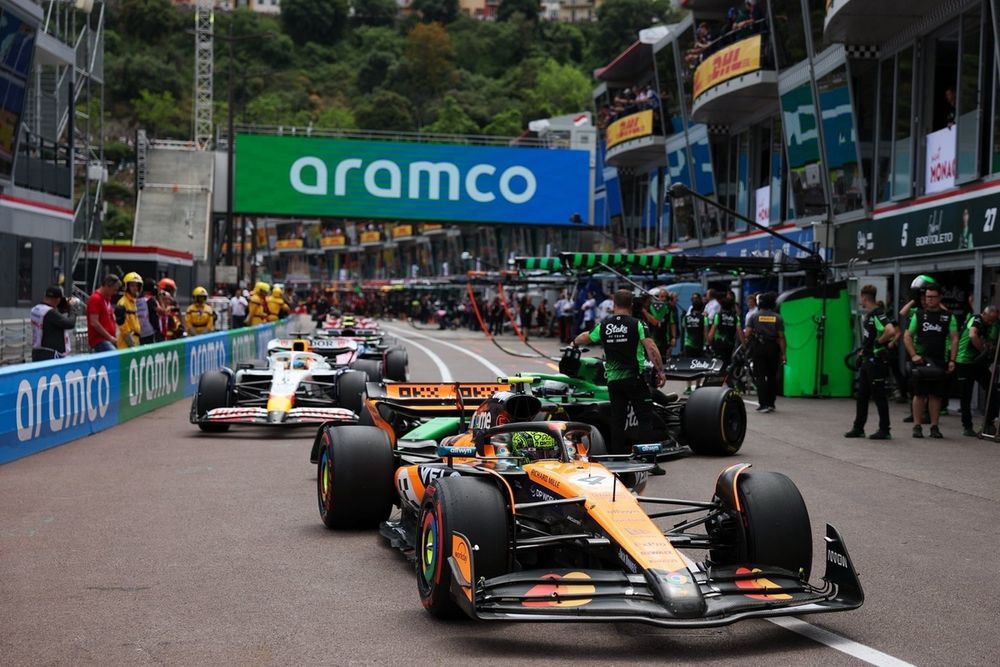
On the sporting side, the statistics told a stark story. Despite the rule’s intention to create more action, the 2025 Monaco Grand Prix featured just a single legal overtake in 78 laps, underlining the fundamental challenge posed by the circuit’s tight confines and the size of modern F1 cars.
Just days following the race, the F1 Commission and the FIA has conducted a thorough review of the rule’s impact.
According to multiple sources, there was insufficient support among F1 teams to bring the rule back for future editions of the Monaco Grand Prix. The 2026 F1 sporting regulations which have already been published, make no mention of Monaco-specific pit stop requirements, signaling a return to the standard rules that apply at other circuits.
Section B of the 2026 F1 sporting regulations states: “Unless they have used intermediate or wet-weather tyres during the Race, each driver must use at least two different specifications of dry-weather tyres during the Race, at least one of which must be a mandatory dry-weather Race tyre specification.”
While certain elements of the rules remain subject to more discussions, next year’s rulebook has been in the public domain since last November.
The process by which F1 regulations are changed is rigorous, requiring not only a majority among the teams but also significant backing from the FIA and Formula One Management.
The initial support for the two-stop rule was strong enough to overcome these hurdles, but the experience of the 2025 race led to widespread criticism. The rule’s critics argued that it failed to address the root cause of Monaco’s processional nature and instead encouraged artificial and unsporting tactics that detracted from the essence of Formula 1.

